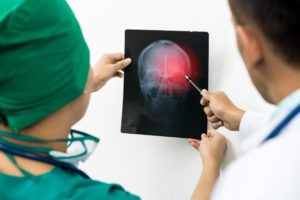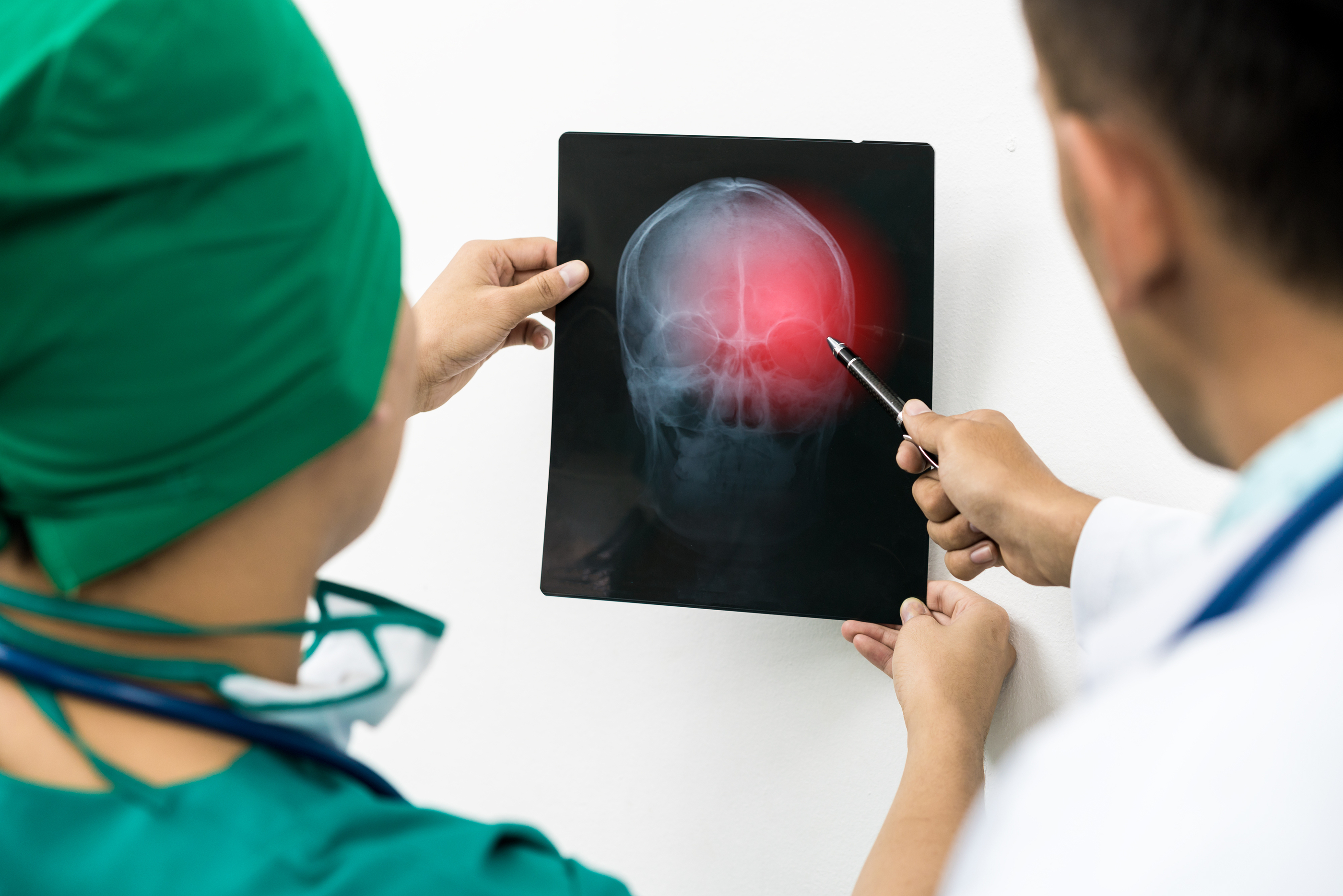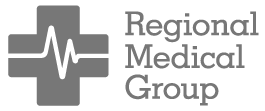
Medical professionals used to dismiss concussions as being minor, routine injuries. But in the past several years, mounting evidence has forced a reassessment. Now, doctors encourage patients to treat concussions seriously, and receive medical care. Read on to learn more about this kind of traumatic brain injury, its symptoms, and how to deal with it.
What Is a Concussion?
The brain is made of soft tissue. It’s protected by the hard shell of the skull, and is surrounded and cushioned by a layer of spinal fluid.
Despite this protection, a hard blow to the skull can cause injury to the brain, called a concussion. In serious concussions, the brain may even move around inside the skull.
A concussion is a general descriptor, and several underlying causes can create a concussion. This may include bruising or swelling of the brain’s tissues, or damage to the brain’s blood vessels and nerves.
What Are the Signs of a Concussion?
Because the brain is inside the skull, it can be difficult to determine if it’s damaged. However, a concussion may have several signs, including:
- bleeding or swelling of the head
- temporary loss of consciousness
- loss of memory, especially surrounding the injury itself
- headaches or a feeling of pressure on the head
- changes in vision, including double vision
- ringing in the ears
- dizziness
- disorientation or confusion
- nausea or vomiting
- slurred speech or other speech problems
- fatigue
- slowed responses
- changes in mood, including depression and irritability
Some patients may experience concussion symptoms immediately after their accident, while others may not experience symptoms until days, weeks, or even months after their injury. These symptoms may resolve themselves quickly, or they may linger for a long time. Other concussions may show no symptoms at all.
Preventing Concussions
Some people, such as professional athletes, frequently experience concussions. Increasing medical evidence has shown that concussions, especially repeated injuries, can have serious effects on the brain over time which can affect personality, memory, and other cognitive factors. Preventing and treating concussions is vital to the long-term health of the brain.
To prevent concussions, it’s important to take basic steps to reduce the risk of falls, such as keeping pathways well-lit, dry, and clear of obstacles. It’s also important to buckle seat belts in cars, and wear proper headgear if a person chooses to engage in contact sports. However, all contact sports dramatically increase a person’s risk of concussions.
Diagnosing and Treating Concussions
To diagnose a concussion, a doctor may perform a basic battery of tests to examine memory, cognition, balance, vision, hearing, and other factors. The doctor may also perform medical imaging tests like CT scans and MRIs to determine the nature and extent of any damage to the brain. Even if a patient has no symptoms, the doctor may request a period of observation (at the office or at home), to see if symptoms develop.
Treatment for a concussion typically involves physical and mental rest, including time off physical exertion. The doctor may prescribe shortened days at work or school, as well as a break from computers, television, and video games. During this time, it’s important to avoid blood thinning medications such as aspirin, because these may increase bleeding in the brain.
Slowly, patients can add physical and mental activities back into their day as their condition improves. Eventually, they’ll be ready to go back to the rhythms of everyday life.
Concussions are a common but dangerous type of traumatic brain injury, and they can have many effects that can linger for days, months, or even years. If you suspect a concussion, the friendly and helpful doctors at Regional Medical Group will help you diagnose and treat the problem. By taking steps to prevent concussions, going to a doctor when a concussion’s suspected, and treating the condition via rest and recovery, patients can reduce their risks of cognitive and memory problems in years to come.



Join the discussion One Comment